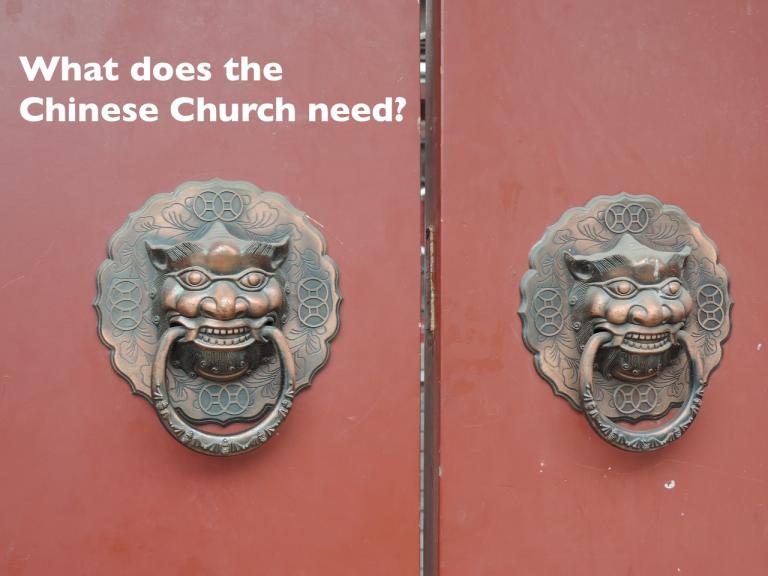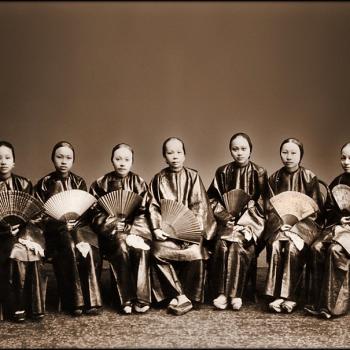The most pressing needs of the Chinese church are theological, missiological, and familial.

The church in China is well equipped for evangelism. Let’s not forget–– the church in Chinese is huge. That did not get that way merely by outsiders alone doing evangelism. So, what does Chinese Christians need most? How might outsiders contribute to the well being of the Chinese church?
Believers outside China should consider ways to support Chinese Christians who are ready to take a leadership role in the global work of the gospel. Maturity and equipping are needed in several areas.
Five Immediate Needs of the Chinese Church
1. Theological Training
First, Chinese believers need theological training. While various local training centers exist around the country, most of them lack academically qualified teachers that can provide them with advanced training needed to interact with difficult passages, issues, and worldviews relevant to their ministry.
In addition, there is little quality control. Students routinely listen to basic lectures with only a test at the end of a course and with little or no assignments that help them to internalize and apply the material. At most, pastors memorize standard formulations without understanding how to interpret the Bible for themselves. Many materials found online or used by missionaries are merely translated from Western resources without any regard for an Asian context.
Here are some suggestions for teaching theology in Chinese.
2. Biblical Studies
Second, the Chinese church needs more resources in the field of biblical studies. While pastoral and devotional guides are abundant, far fewer commentaries, monographs, lexicons, and the like are translated into Mandarin. These materials will assist Mainland Chinese leaders to develop more indigenous materials in the future. We cannot expect Chinese church leaders to develop contextualized tools and theological insights if they do not have access to foundational knowledge and resources related to biblical studies.
3. Cross-cultural Training
Third, Chinese believers need substantial training to serve as cross-cultural missionaries. The failure rate of Chinese missionaries is high. Most have little experience living among people who are not Han Chinese. Furthermore, many Chinese struggle to work in teams while serving in a second-culture environment. Of course, we could also mention the need for missionaries to receive theological training.
4. Marriage and Family Ministry
Fourth, Chinese Christians across the country are desperate to receive assistance in having healthier marriages and families. A majority of believers will readily admit that they are unsure how exactly to be a “Christian” husband/wife, how to lead a church and a family, and raise children who genuinely love Christ.
5. Children’s Education
Finally, a related need concerns the education of children. Chinese children are required to receive a 9-years of public education (grades 1-9). This period enables the government to sufficiently indoctrinate all kids with an atheistic, socialistic worldview that celebrate the current political regime. Christian parents understandably are concerned that their children will reject Christianity, especially given increased restrictions by the government on the participation of children in church worship services.
While many parents have an interest in homeschooling, they confront several problems with this option. For one, homeschooling is illegal (though some officials turn a blind eye in some places). In addition, kids who are not enrolled within the government education system are excluded from taking the gaokao, the test that determines whether they can attend a Chinese university. Also, many parents either do not know how to educate their children at home or need the income that the teaching parent would otherwise earn if they worked a full-time job.
A topic that spans several of the above needs is contextualization. Here a few related posts:
Recent ChinaSource Quarterly focuses on contextualization in China













